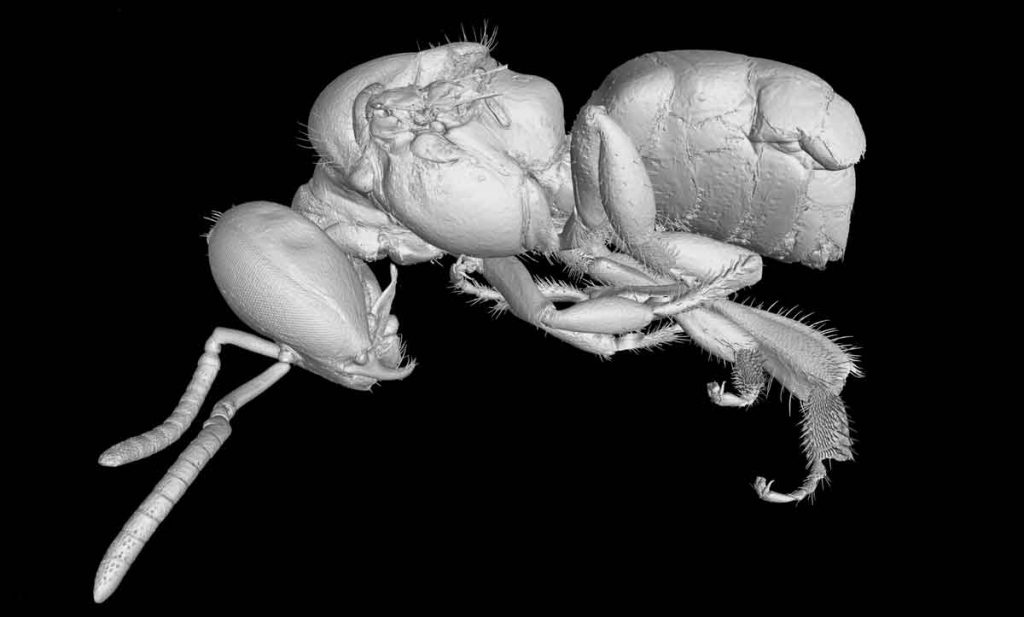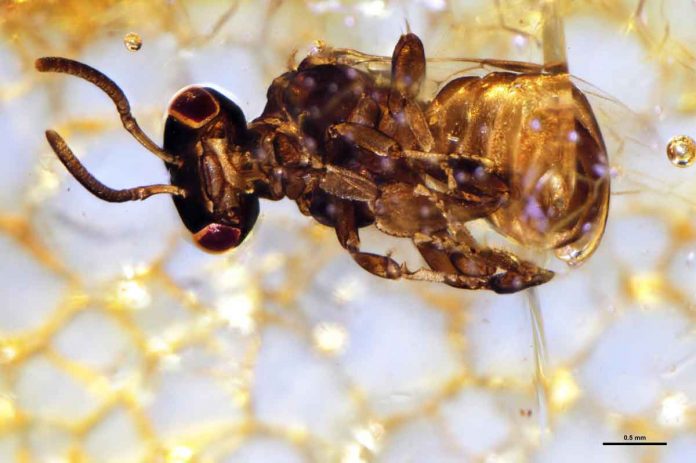Scientists studied stingless bees from East Africa. These were encased in tree resin and copal. The study has been published in the journal The Holocene. Scientists described two new species. They explained that they most likely became extinct prior to their discovery. The coastal forests where the bees were found are among the most threatened areas.
The forests of East Africa and the coastal forest of Madagascar are among the most threatened ecosystems in the world. 90 percent of the forest land there has been clearcut. In 2020, 241 kilohectares of trees were lost in Madagascar. Scientists examined several of these tree resins and copals.
Scientists found inclusions of stingless bees, inside the resins. The youngest dated in 2015. The oldest from about 3,000 years ago. Scientists identified three species already known to science, among 36 specimens studied. There were two undescribed species named Axestotrigona kitingae sp. nov. and Hypotrigona kleineri sp. nov..

East Africa and Eastern Madagascar are highly fragmented landscapes. Scientists assumed the newly discovered species are already extinct at this time. Meliponini species are very sensitive to environmental changes. These social, colony-dwelling bees depend on pollen, nectar and resin from the surrounding flora.
As extensive anthropogenic habitat changes over the past 150 years throughout East Africa it is unlikely that these species are still surviving. Scientists referred to a “hidden loss” of biodiversity. The extinction of species before they could be discovered and described in their natural environment.

